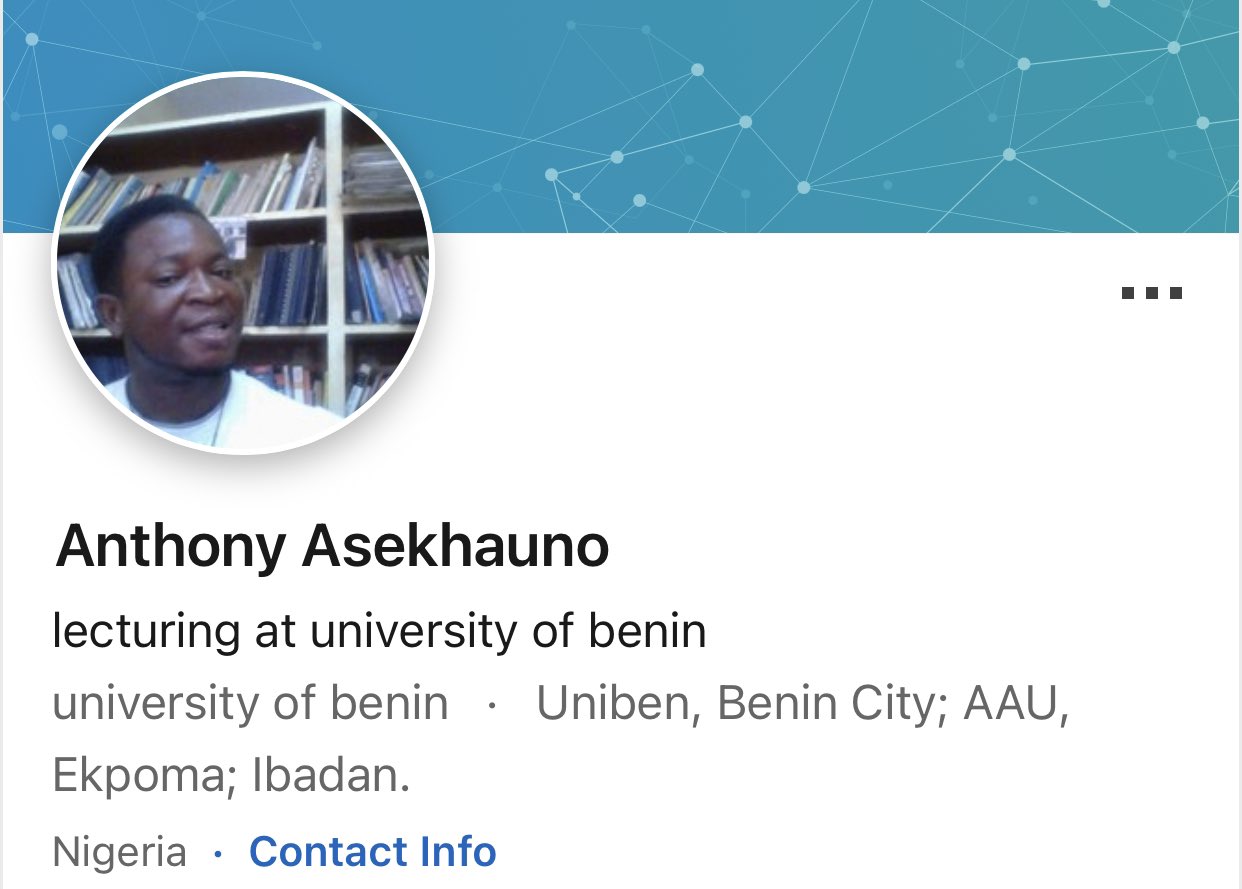It’s heartbreaking to recall the experiences shared by students who have faced unimaginable challenges within the walls of academic institutions. Recently, a series of tweets has shed light on the disturbing incidents that highlight the corruption and abuse of power by some university staff. One such story involves the harrowing experience of Mercy, a student who endured severe trauma at the hands of a predatory professor.
Mercy’s ordeal began when she was forced to confront Dr. Tony Asekhuno, a lecturer notorious for his predatory behavior. Her friend, struggling with his own academic issues, was coerced into involving her due to Tony’s refusal to mark his script unless Mercy met him in person. This encounter revealed a pattern of manipulation and exploitation that Mercy and other students had suffered.
Upon meeting Tony, Mercy discovered her exam script unmarked while others were graded. Tony used this leverage to demand her presence and compliance, under the guise of discussing her performance. He manipulated the situation to keep Mercy and other female students in his office, subjecting them to his inappropriate behavior and propositions. The trauma of these encounters was exacerbated by the constant threat of academic failure if they did not comply with his demands.
Tony’s abuse of power extended beyond Mercy. He brazenly flashed his genitalia at her, demanded she address him with a term of respect from her hometown, and forced her to spend money on alcohol to keep his advances at bay. He even boasted about his sexual exploits with other female students, emphasizing his control over their academic futures.
Mercy’s story is not unique. It reflects a systemic issue within some academic institutions where lecturers abuse their authority, exploiting students’ vulnerabilities. The fear of academic failure and the desire to graduate compels many students to endure such abuse in silence. This culture of silence perpetuates the cycle of abuse, leaving countless students traumatized and powerless.
These revelations call for immediate action from educational authorities and government bodies. It is crucial to establish strict policies and a robust support system to protect students from such predatory behavior. Institutions must create a safe environment where students can report abuse without fear of retaliation.
Additionally, there must be transparent investigations and severe consequences for those found guilty of exploiting their positions. Only through decisive action and a commitment to justice can we hope to eradicate the toxic culture of abuse in our educational systems.
Mercy’s courage in sharing her story serves as a powerful reminder that we must stand together to demand accountability and protection for all students. The experiences of these young individuals should not be in vain; instead, they should catalyze systemic change, ensuring that no student has to endure such trauma again.










